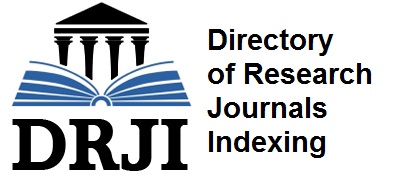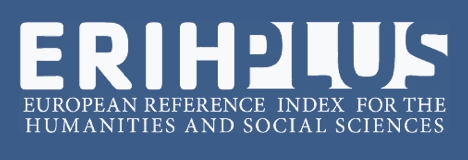Cile 1970-1973. Allende, la Unidad Popular, il golpe
Chile 1970-1973. Allende, the Unidad Popular and the golpe
Abstract
In questo articolo si evidenzia che il nucleo forte del pensiero di Allende risulta essere non soltanto il frutto dell'ideologia marxista ma anche della lunga tradizione radicale e massone, delle suggestioni libertarie dell'anarchismo e del socialismo umanitario. Particolare attenzione viene dedicata alle forti tensioni interne a Unidad Popular durante gli anni di governo e al lungo processo di decomposizione del sistema politico cileno la cui responsabilita ricade sull'intera collettivita nazionale e non può essere attribuita soltanto all'intervento statunitense.
The article emphasizes that the core of the Allende's thought is not only the product of the Marxist ideology but also of the radical and mason tradition, of the libertarian suggestions of anarchism and of humanitarian socialism. Special attention is dedicated to the Unidad Popular coalition's strong internal tensions during its term in government and to the large process of decomposition of the Chilean political system, whose responsibility falls on the entire national community and not only on the Unites States intervention.

This work is licensed under a Creative Commons Attribution-NonCommercial 4.0 International License.
Authors who publish with this Journal agree to the following terms:
Authors retain copyright and grant the Journal right of first publication with the work simultaneously licensed under a Creative Commons Attribution-NonCommercial 4.0 International License.
This Journal permits and encourages authors to post items submitted to the Journal on personal websites or institutional repositories both prior to and after publication, while providing bibliographic details that credit, if applicable, its publication in this Journal.

















